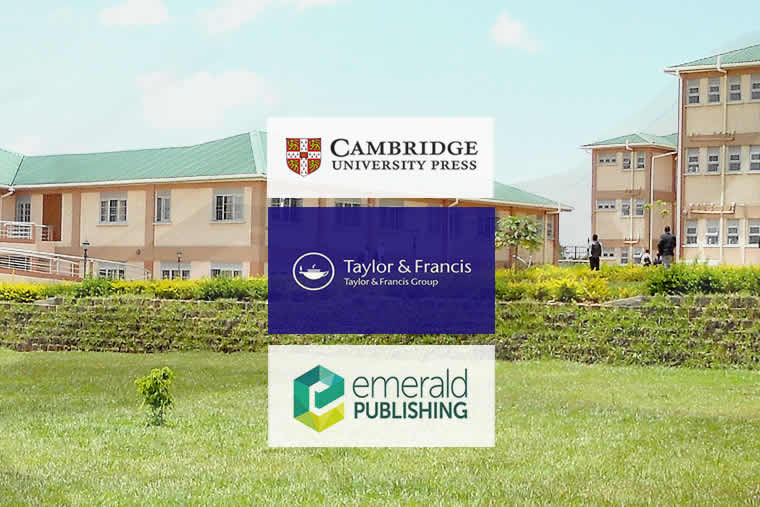This is the systematic process by which Muni University Library builds and maintains quality, balanced, and relevant collection of information resources to meet the needs of its users.
Goals of Collection Development
- Meet current and future user needs
- Support academic programs and research
- Ensure access to diverse and authoritative content
- Maintain cost-effectiveness and resource balance
The key components of our library collection development include.
- Needs Assessment: identifying the information needs of the library’s user community (students, researchers, staff, etc.), and aligning with the institution’s goals and curriculum.
- Selection: choosing materials (books, journals, digital resources, etc.) based on quality, relevance, cost, and demand.
- Acquisition: purchasing or obtaining selected materials through donations, and subscription
- Evaluation: assessing the collection to ensure it is current, relevant, and balanced. We do this through user feedback, circulation data, and weeding statistics.
- Weeding (Deselection): removing outdated, damaged, or low-use materials. We do this to ensures that our shelf space is used efficiently and retain relevant collections.
- Preservation: Maintaining materials in good condition to extend their useful life. We do this by repairs, and binding.
Muni University policy statement on collection development
- The University Library shall acquire balanced information resources
- The University Library shall establish an Acquisitions Section
- The University Library shall accept library material gifts on condition that the materials meet selection criteria.
- The University Library shall regularly evaluate its collections and recommend information materials not regularly used for disposal
- The University Library shall establish a Technical Services Section responsible for processing information materials.


